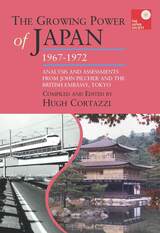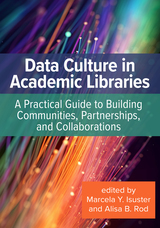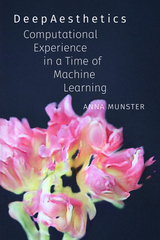2 books about Growing Power

Agri-Energy
Growing Power, Growing Food
Rebekah Pierce
Island Press
Most people don’t think of agriculture when they hear the term “solar farm” or “wind farm.” In fact, many fear that renewable energy installations are eating up prime farmland and threatening natural areas. But what if it weren’t an either-or proposition? What if wind and solar could go hand-in-hand with environmentally sustainable farming?
In Agri-Energy, Pierce shows how this growing trend not only creates much-needed space for energy production but is an economic lifeline for countless farmers, and provides surprising benefits for livestock, the surrounding ecosystem, and struggling rural communities. If done right, it’s a win-win-win for people, power, and the planet.
Pierce gives farmers, developers, environmental activists, and concerned community members the information they need to successfully pair renewable energy and sustainable agriculture. The book addresses legitimate (and manufactured) qualms about the impact of renewable energy production on the natural landscape while illustrating various models of agri-energy. Pierce draws on the first-hand experience of farmers with different acreages, climates, and crops, and in different stages of their careers. She also gets into the weeds about specific approaches that can maximize benefits for all those involved.
Finally, Pierce explores the future of agri-energy, examining the pitfalls and policies that will determine whether this novel union of food and power will continue to grow. The result is a concise but complete primer on a little-understood phenomenon—one with enormous implications for economic, food, and energy security.
In Agri-Energy, Pierce shows how this growing trend not only creates much-needed space for energy production but is an economic lifeline for countless farmers, and provides surprising benefits for livestock, the surrounding ecosystem, and struggling rural communities. If done right, it’s a win-win-win for people, power, and the planet.
Pierce gives farmers, developers, environmental activists, and concerned community members the information they need to successfully pair renewable energy and sustainable agriculture. The book addresses legitimate (and manufactured) qualms about the impact of renewable energy production on the natural landscape while illustrating various models of agri-energy. Pierce draws on the first-hand experience of farmers with different acreages, climates, and crops, and in different stages of their careers. She also gets into the weeds about specific approaches that can maximize benefits for all those involved.
Finally, Pierce explores the future of agri-energy, examining the pitfalls and policies that will determine whether this novel union of food and power will continue to grow. The result is a concise but complete primer on a little-understood phenomenon—one with enormous implications for economic, food, and energy security.
[more]

The Growing Power of Japan, 1967-1972
Analysis and Assessments from John Pilcher and the British Embassy, Tokyo
Hugh Cortazzi
Amsterdam University Press, 2015
John Pilcher’s appointment as HM Ambassador to Japan in 1967, three years after the widely acclaimed Tokyo Olympics, was both judicious and enlightened. His role was to be that of a bridge-builder between Japan and Britain following the early post-war years of disenchantment, distrust and detachment that had earlier marked the relationship between the two countries. He brought to his role a particular understanding of Japanese civilization and a critical analysis of Japanese attitudes and way of life. Before the war he had had the good fortune to spend time as a language student in Kyoto. There he came to appreciate Japanese culture at its best but as a junior consular official he also came to see other less attractive aspects of Japan. In this volume Sir Hugh Cortazzi who was to follow in John Pilcher’s footsteps, has compiled the defining reports to Whitehall from Pilcher’s time and as such they offer a valuable record of Japan’s progress at this important point in her post-war history, as well as providing unique insights into the activities, hopes and expectations of the British government in her dealings with Japan. The collection (including essays and writings from his private papers) which has hitherto remained largely unknown or inaccessible to most researchers, provides a platform for John Pilcher as a writer and distinguished scholar-diplomat.
[more]
READERS
Browse our collection.
PUBLISHERS
See BiblioVault's publisher services.
STUDENT SERVICES
Files for college accessibility offices.
UChicago Accessibility Resources
home | accessibility | search | about | contact us
BiblioVault ® 2001 - 2025
The University of Chicago Press









